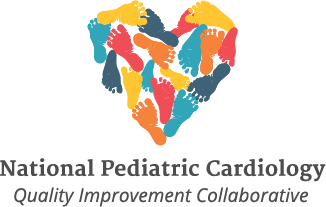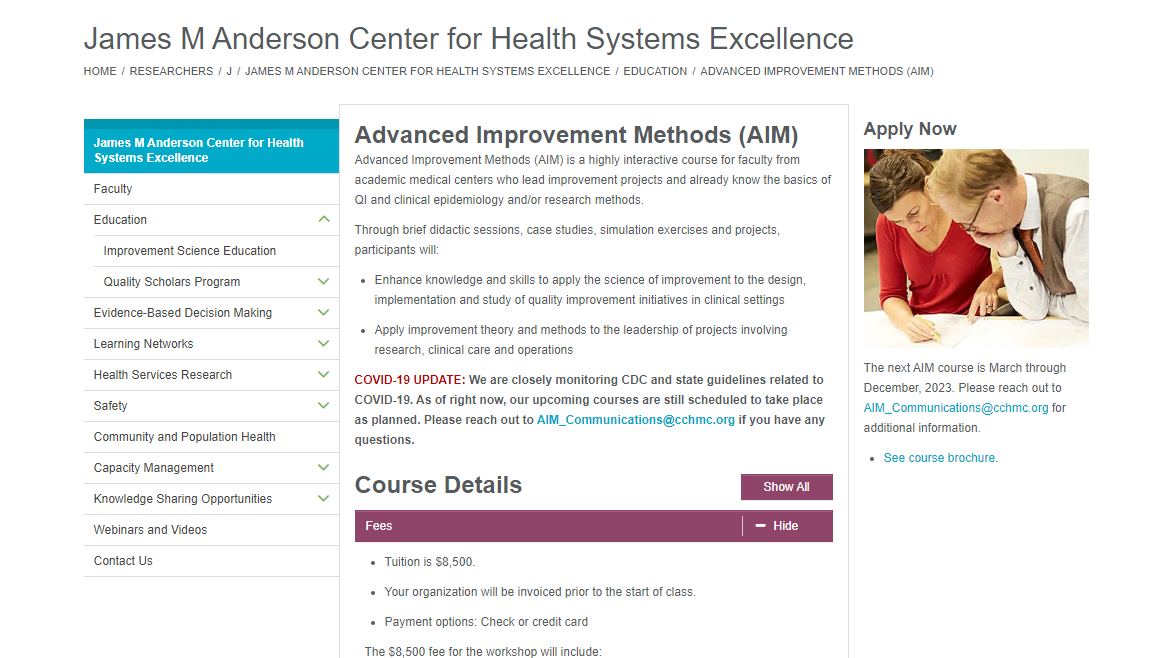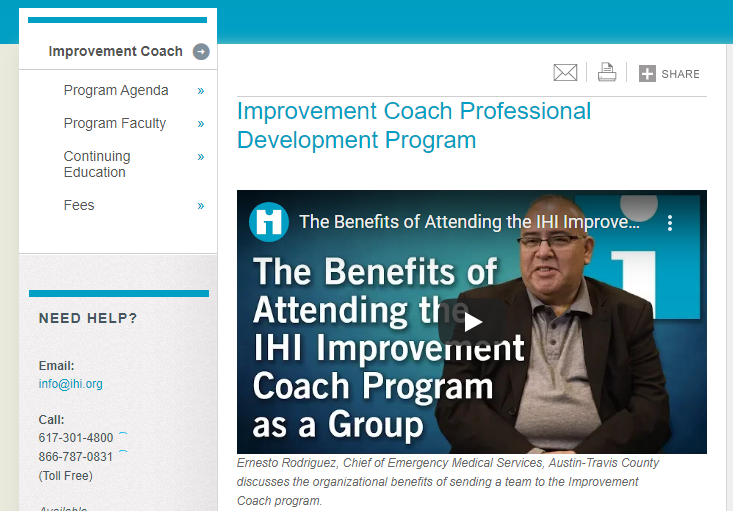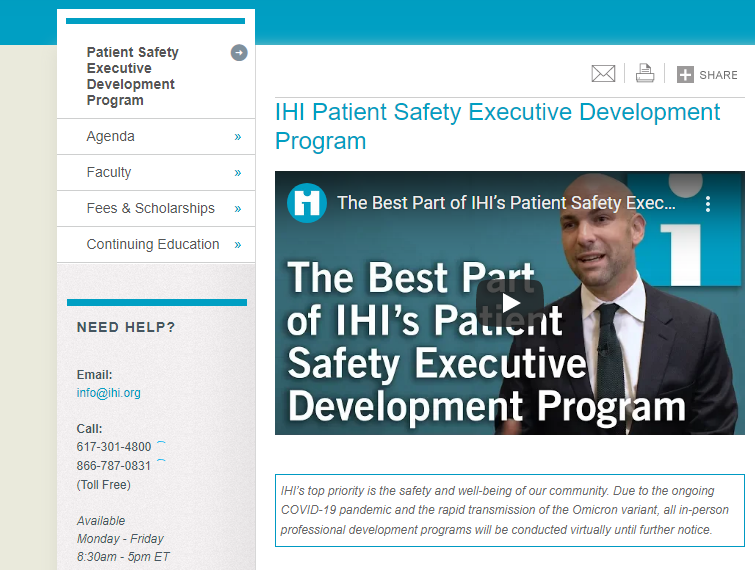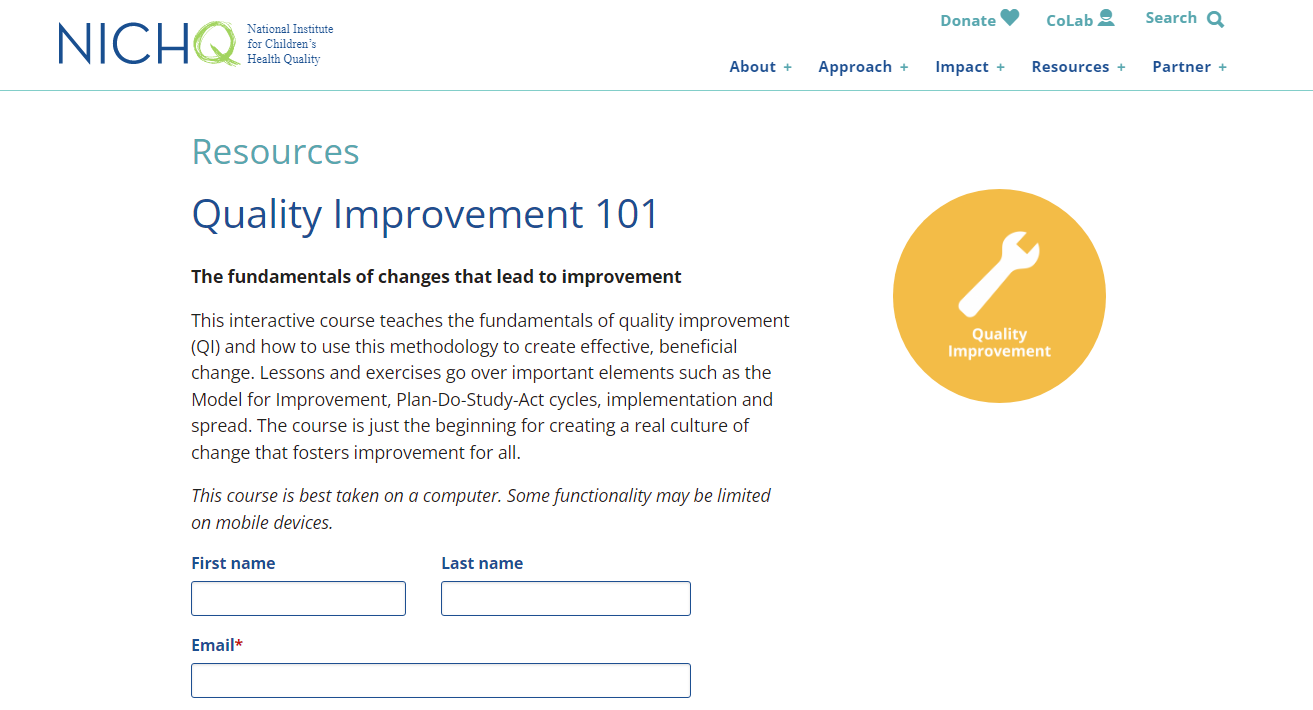
QUALITY IMPROVEMENT RESOURCES
As a learning health network dedicated to improving outcomes, we understand the power of quality improvement science. To help promote QI education throughout our community, we’ve curated a selection of quality improvement science training resources below.
AAP’s Education in Quality Improvement for Pediatric Practice QI Basics
From the website:
“QI Basics introduces the Model for Improvement, a systematic framework for improving patient care. The Model is used in all EQIPP courses and involves running small, successive tests of change through Plan, Do, Study, Act (PDSA) cycles. These small-scale PDSA cycles enable participants to quickly test their ideas for change on a small scale to help determine if they lead to improvement. Successful changes can then be expanded to other areas and/or implemented in practice.”
Learn more here.
Cardiac Networks United QI Basics
Cardiac Networks United’s QI Basics is a series of six 1-hour virtual training sessions offered 2 times per year; primarily didactic but with time reserved for discussion/questions.
Participants: Open to all CNU participants who are or will be engaged in CNU QI project(s) at site level (including patients/parents); advanced registration and commitment to participate in full series is required.
Purpose: Provide an introduction to quality improvement concepts, tools, and methods; prepare network members to effectively participate on site level teams working on CNU QI projects.
Learn more here.
View recordings of these sessions below.
CCHMC’s James M. Anderson Center for Health System Excellence’s AIM
From the website:
“Advanced Improvement Methods (AIM) is a highly interactive course for faculty from academic medical centers who lead improvement projects and already know the basics of QI and clinical epidemiology and/or research methods.
Through brief didactic sessions, case studies, simulation exercises and projects, participants will:
Enhance knowledge and skills to apply the science of improvement to the design, implementation and study of quality improvement initiatives in clinical settings
Apply improvement theory and methods to the leadership of projects involving research, clinical care and operations”
Learn more here.
CCHMC’s James M. Anderson Center for Health System Excellence’s I²S²
From the website:
“At Cincinnati Children’s Hospital, the James M. Anderson Center for Health Systems Excellence is transforming the delivery of care through improvement science. Our Intermediate Improvement Science Series (I²S²) is an accredited course that supports the transformation of health systems and catalyzes the cultural shift necessary to be a leader in improving child health.
The program welcome leaders from other healthcare systems outside of Cincinnati Children’s to apply for the program.
I²S² helps build a broader and deeper network of improvement leaders, brings about continued cultural transformation and develops skill and experience through the Model for Improvement as based on Deming’s “System of Profound Knowledge.” Participants work on a real project in their system to drive immediate improvements in care as they build their skills.”
Learn more here.
IHI
From the website:
“Whether you are looking for new ideas for health care improvement, want to get results in a particular area, or are ready to take your organization to a new level of performance, IHI has educational programs and trainings to help you.
IHI offers both in-person and virtual training, as well as online courses and other web-based education.”
Learn more here.
IHI Improvement Coach Professional Development Program
From the website:
“Further develop your improvement knowledge and skills in order to coach and facilitate improvement teams, with the Institute for Healthcare Improvement's (IHI's) Improvement Coach Professional Development Program.
This interactive, experiential program is designed to advance your improvement capability and deepen your skills in the art of coaching and facilitating improvement teams in support of achieving their goals.
With a unique focus on how to do improvement work with or via others, this program specifically explores the human side of change and the experiences many face when doing improvement work in the workplace.
Practice during the virtual workshops, combined with the application of your learning with your team back home creates a dynamic learning opportunity.”
Learn more here.
IHI Open School
The Institute for Healthcare Improvement Open School features a robust collection of dozens of online improvement courses that are self-paced and available to all teams participating in NPC-QIC. To access the courses, follow the steps outlined below.
Create an account through the IHI Portal.
Email Vicki Gall and let her know you have completed your registration. She will provide you with the access code and instructions to enroll in courses under Cardiac Networks United’s subscription.
Please reach out to info@npcqic.org with any questions.
IHI Patient Safety Executive Development Program
From the website:
“This program unites experienced clinicians from around the world with IHI faculty who are trusted experts in the field. The concepts taught are informed by deep experience in guiding organizations in their patient safety improvement efforts.
Learnings from this program have been applied in many settings — in acute care, ambulatory care, home care, long-term care, in the community, in the military, and more. Additionally, alumni of this program join a global network of 3,000+ other alumni of the program, who have applied strategies they learned in a variety of health care settings.”
Learn more.
NICHQ’s Quality Improvement 101
From the website:
“The National Institute for Children’s Health Quality’s Quality Improvement 101 interactive course teaches the fundamentals of quality improvement (QI) and how to use this methodology to create effective, beneficial change. Lessons and exercises go over important elements such as the Model for Improvement, Plan-Do-Study-Act cycles, implementation and spread.
The course is just the beginning for creating a real culture of change that fosters improvement for all.”
